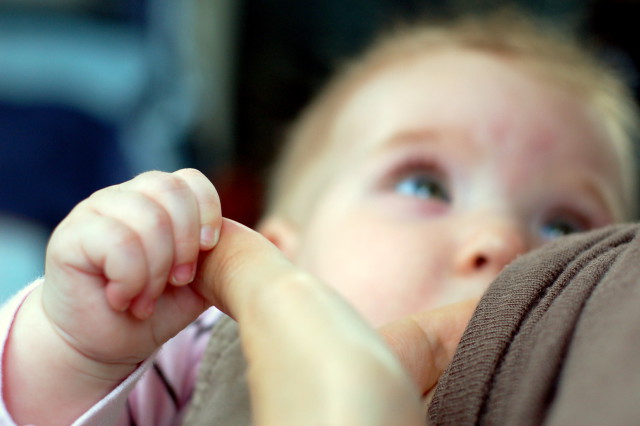In a small study, women who had been diagnosed with breast cancer were 30 percent less likely to see a return of the disease if they had a history of breast-feeding. While previous research has found a small protective effect of breast-feeding and breast cancer risk, researchers from Kaiser Permanente's Division of Research believe this is the first study to explore an association between nursing and a recurrence of cancer.
In the study, researchers asked 1,636 women who had breast cancer, mostly Kaiser patients, to fill out a questionnaire that included their history of breast-feeding. "We followed them for over nine years, and we identified the women who had a recurrence and also those who died of breast cancer," said lead author Marilyn Kwan, Ph.D., with Kaiser. "And we (found) this dramatic reduction in risk of recurrence."
In addition to the reduced risk of recurrence, the researchers found a 28 percent reduced risk of dying from the disease among women who breast-fed.
They study also looked at specific types of tumors. They found that women who had breast-fed were more likely to develop a more common -- and more easily treatable -- kind of tumor, known as luminal A subtype, which includes estrogen-receptor positive tumors.
"These tumors are less likely to spread, to metastasize, and they're treatable with hormonal therapy such as tamoxifen," Kwan said. "Because of this, they have better prognosis. Women who have luminal A tumors are more likely to survive."
